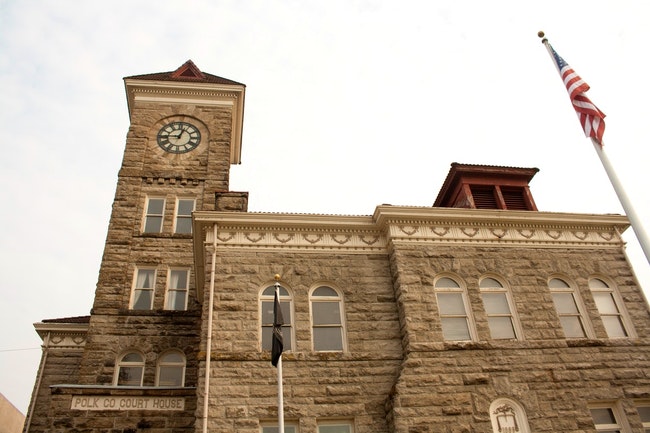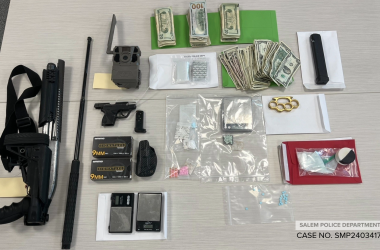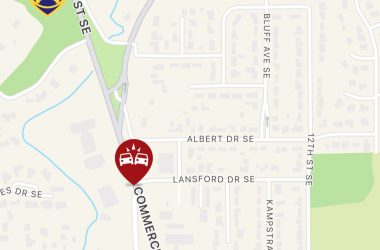
Polk County Courthouse (Courtesy of Jolene Guzman/Polk Itemizer-Observer)
Remote corners of Polk County will get improved internet access under a $1 million project that will allow more rural children to better connect to schools.
The county is using a share of its federal pandemic funding to install broadband infrastructure in the rural areas of the county by the end of the year.
“The intent is to get rural subscribers a service that is competitive and affordable,” said Polk County Commissioner Craig Pope.
Pope said Polk County determined the internet service was a priority as kids are still attending school remotely and more people are working from home.
“We determined we could invest this money this way or potentially step back and let the money be redistributed to another county or city. We opted to take the eligible dollars we had and invest it in our communities,” he said.
Pope said he campaigned for expanding broadband in the county in 2010 when he ran for office and the county has been working with internet service providers for the last two years to survey customer needs and determine where service gaps exist.
Last year, a survey of Polk County residents found that nearly 40% rated their service as bad. Most of the respondents have access to internet, mainly through DSL or fixed wireless, while about 3% said they had no service.
LINK: Rural Broadband Study
Jason Richards with internet service provider Alyrica, which last week signed a contract with the county to complete the broadband expansion, said areas like Pedee, Eola Hills, and Grande Ronde are underserved by internet providers.
He said his company is aiming to equip 90% or more of the county, between 6,000 to 7,000 households, with access to broadband. The service will cost $70 per month on average.
The project will go in three different phases. The first will put equipment on towers that already exist, like emergency towers for 9-1-1 calls.
The second phase involves building new towers and the third will involve putting smaller towers at a lower elevations to reach certain addresses.
The internet signal will be broadcast from those towers to homes.
SUPPORT ESSENTIAL REPORTING FOR SALEM – A subscription starts at $5 a month for around-the-clock access to stories and email alerts sent directly to you. Your support matters. Go HERE.
Have a story tip? Contact reporter Saphara Harrell at 503-549-6250, [email protected] or @daisysaphara.









